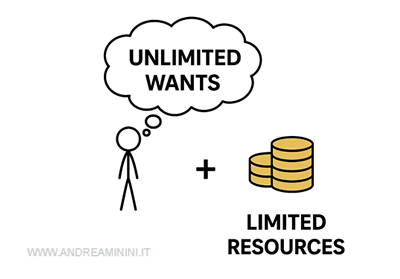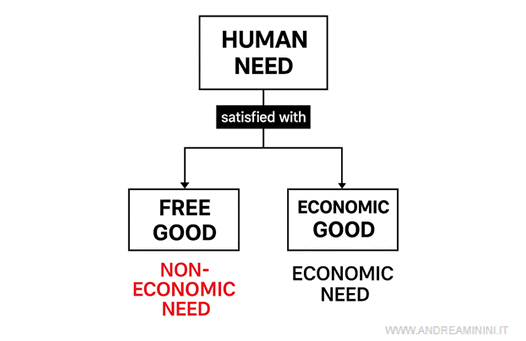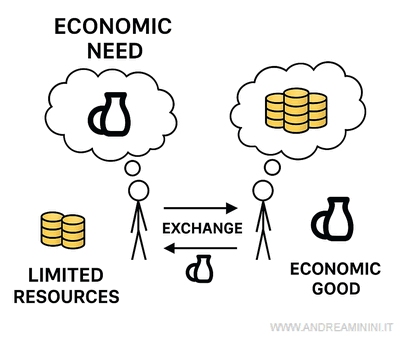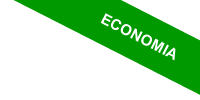Political economy
Political economy is the branch of social science that explores how people make choices when faced with limited resources and unlimited needs. In simple terms, it's about how we manage scarcity.
We all have endless wants, but the resources we have to satisfy them are limited. That’s why we need to make smart decisions - using what we have in the most efficient way possible to get the most out of it.

This idea - getting the best outcome with the least effort - is known as the principle of least effort.
Note. You might also hear it called the principle of minimum effort or the self-interest principle.
Economic Needs vs. Economic Goods
Not all human needs are considered “economic.” In economics, we focus on economic needs - needs that require scarce resources to satisfy.
Note. Only economic needs are studied in political economy. For example, breathing isn’t an economic need because air is free and abundant.

Scarcity is a key concept in economics. If something is abundant, like clean air, everyone can enjoy it without limits.
But when a resource is limited and in demand, it becomes something people are willing to trade for - and it gains economic value (a price).

The things we use to satisfy economic needs are called economic goods.
These include both physical products (like food or clothing) and services (like healthcare or education).
Where Does the Term “Political Economy” Come From?
The phrase “political economy” has roots in ancient Greek. It comes from three words:
- òikos - household
- nòmos - law or rules
- pòlis - city or community
Put them together and you get a sense of what political economy originally meant: the rules for managing both the home and the broader society.
The combination of òikos and nòmos gives us the modern word “economy.”
òikos + nomos = eco + nomy
Originally, economy referred to household management - how families managed their land, money, and resources. What we’d now call home economics.
Why focus on the household? In ancient times, economic life revolved around the family unit and its assets. Managing a household was the foundation of economic thinking.
So Why “Political” Economy?
As societies evolved - especially with the rise of early nation-states in the Middle Ages - household economics expanded to include the entire community, or polis.
pòlis = city
This is where the “political” part comes in. It refers to the collective, organized community - what we now think of as the state or society.
Political economy, then, is the study of how both individuals and societies make economic choices.
Note. Taken literally, political economy means “the law of the household and the state.” It deals with how we make decisions - both personally and collectively.
The Two Main Branches of Economics
Political economy is a broad field, and over time it has given rise to many areas of specialization. Today, economics is usually divided into two main branches:
- Microeconomics: This focuses on the behavior of individual economic actors - like consumers, workers, or firms. It looks at decisions like how much to buy, what prices to set, or how much to produce.
- Macroeconomics: This branch zooms out to look at the big picture. It studies the economy as a whole - things like national income, unemployment, inflation, government policies, and economic growth.
Note. Beyond micro and macro, there are many specialized fields - like economic policy, public finance, labor economics, the history of economic thought, economic geography, and environmental economics. It’s a vast and evolving discipline.
